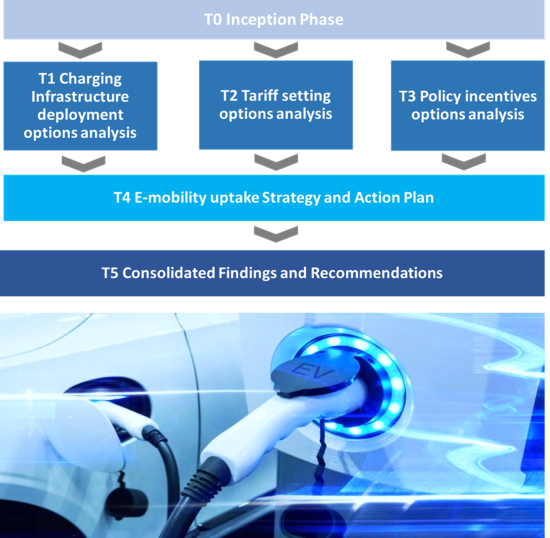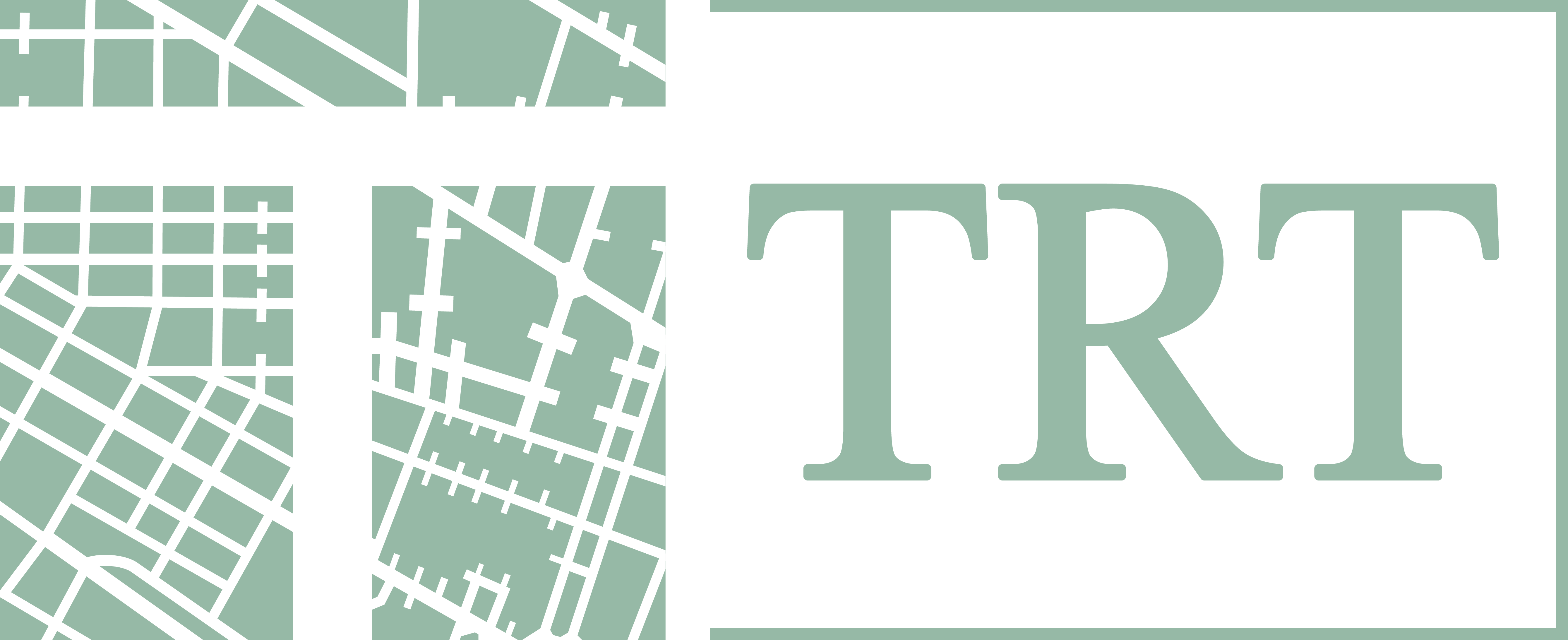Design and assessment of the National E-Mobility Strategy in Jordan
Electrification is one of the main options towards decarbonizing the transport sector. The Jordanian transport sector, currently reliant on fossil fuels, accounts for nearly 40% of the energy consumption in the country in 2020. Transport decarbonisation has to be addressed to achieve Jordan’s ambitious Nationally Determined Contribution (NDC) goals. From electricity-sector perspective, uncontrolled electric vehicle (EV) uptake may bring challenges such as increase in peak load and distribution grid congestion, but also present financial and technical opportunities due to new revenue streams.

Seeing the potential and benefits of E-Mobility uptake, the Government of Jordan has included Designing a National E-Mobility Strategy as part of its Reform Matrix, under Pillar 9 Energy. To this end, the Ministry of Energy and Mineral Resources (MEMR) has been leading the effort in coordination with key stakeholders and implementing partners. The World Bank (WB), through the Jordan Growth Multi-Donor Trust Fund (MDTF), supports MEMR and GoJ in its mandate with required Technical Assistance (TA) activities.
This project will inform the WB’s policy dialogues in Jordan related to scaling up E-Mobility, in the context of the GoJ’s effort to design, launch, and implement a National E-Mobility Strategy. This study will have a particular focus on energy-sector issues (notably charging infrastructure and charging tariff), but also build upon past efforts, consolidate previous findings, systematically assess the key issues at stake, and provide valid and actionable options in order to support GoJ’s formulation of a comprehensive National E-Mobility Strategy.
TRT, supported by MRC (Spain), is leading the project and is responsible for the design and assessment of the strategy. As part of its activities TRT has developed the Jordan vehicle fleet model to forecast the uptake of electric mobility.
Archivio progetti


